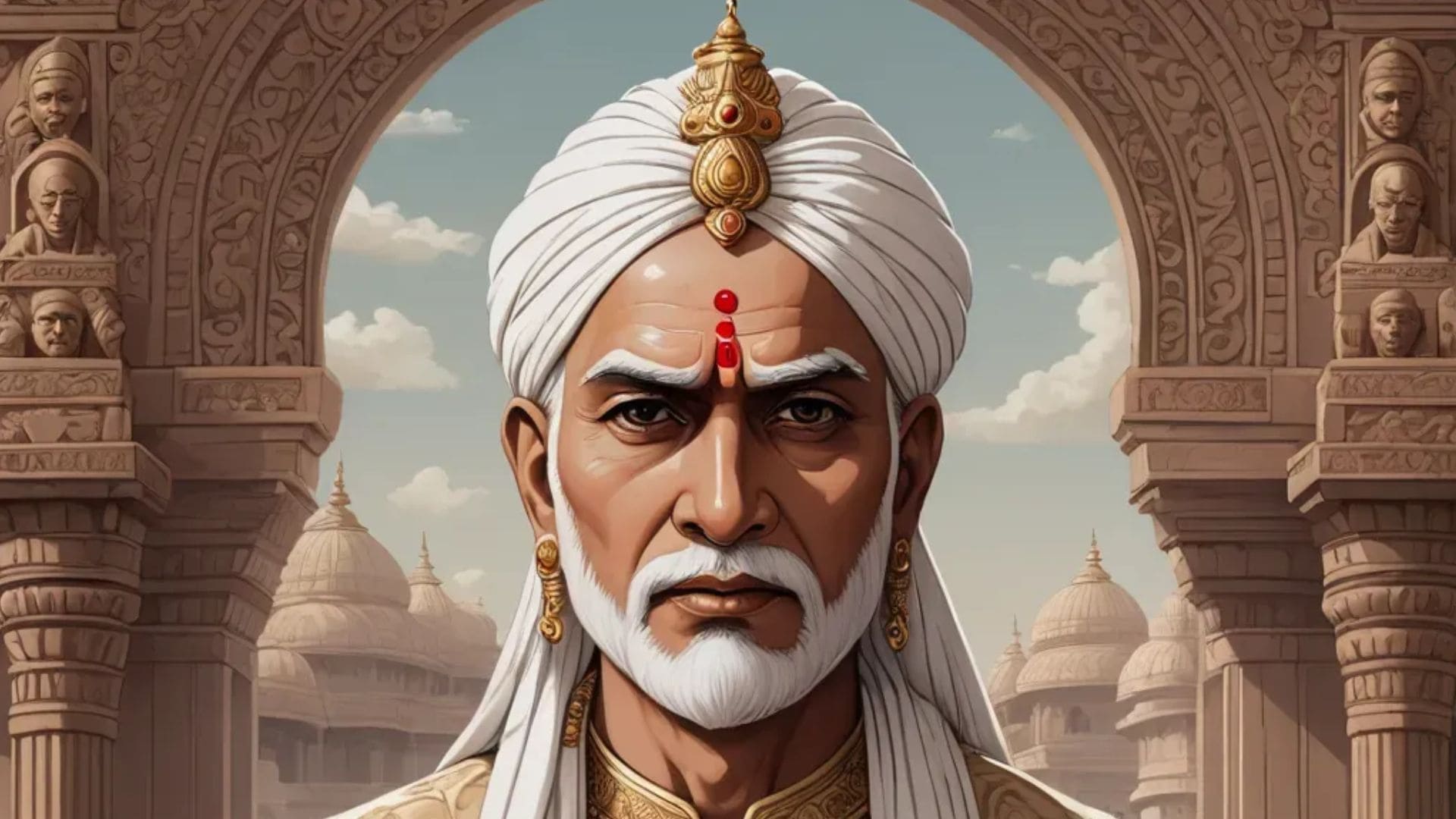
Bhishma: The Epitome of Dharma and Sacrifice in Mahabharata
Bhishma, born as Devavrata was one of the greatest warriors of all times and a great human being, he always held to dharma.
Bhishma was raised from young age by Ganga herself.
Parashurama, who was considered as one of the incarnations of lord Vishnu and to whom lord Shiva himself taught warfare was the mentor of Bhishma, he taught Bhishma warfare, political science and the way of life.
He sacrificed his entire life for his father and for the throne of Hastinapura, he vowed not to marry so that his father could marry Satyavati and their children(his step brothers) could be heir to Hastinapura. He also vowed that Hastinapura would be under his protection at all times owing to these sacrifices he was known as Bhishma and he also had a boon to invoke death at will.
He saw his father succumb to old age and die.
He had two step brothers Chitrangadha and Vichitraveerya, Chitrangadha once fought with a Gandharva and and was brutally killed, Vichitraveerya was the lone survivor of the clan and was a good for nothing guy.
Bhishma went on behalf of Vichitraveerya to a swayamvara and brought three girls to get Vichitraveerya married, there was not a single guy who could challenge or stop him from doing so.
One of the three girls, Amba could not marry Vichitraveerya or go back to her lover and Bhishma could not marry her so she went to Parashurama to help convince Bhishma to marry her which was followed by a face off between Bhishma and Parashurama.
Parashurama and Bhishma fought for 21 days, then Bhishma did penance to obtain a weapon crafted by Vishwakarma which enables the foe to sleep for a day(Someone who sleeps during a war is considered to be dead). But he did not use the weapon against Parashurama as killing guru(or its equivalent) is against dharma. In one instance of the fight, Parashurama who raided over the earth for 21 times killing every kshatriya almost fell to the ground owing to Bhishma’s fury thereby accepted defeat.
After all the effort Bhishma put to get Vichitraveerya married, one fine day Vichitraveerya died, Bhishma again had to go to Vyasa to ask him to perform Niyoga.
He was the one who taught basic archery to Pandavas and Kauravas and appointed Dronacharya as their teacher.
He had to go through the pain of seeing his grandchildren fight over the kingdom which he had built by sacrificing a lot for all these years.
Bhishma was the only reason Suryodhana waged a war against Pandavas so confidently, he warned Suryodhana beforehand that Kauravas would surely lose the war.
Only once in his lifetime that Bhishma stepped partially out of dharma during the game of dice.
He was one of the greatest warriors, during the war, on an average he killed 10,000 people per day. He was the only one who made Lord Krishna loose his patience on the 9th day of the war, thus Krishna caught a chariot wheel and almost killed Bhishma.
His grandchildren(Kauravas) used to instigate him daily to kill his other grandchildren(Pandavas).
His grandchildren(Pandavas) requested him to die or tell them how they could kill him because they could not fight him, thus Bhishma asked them to bring over Sikhandin.
He took multiple arrows to every organ of his body, the irony being it was his own fatherless grand children whom he raised that shot the arrows.
Though he lay on the bed of arrows, he taught dharma to Yuddhistir and whoever came by.
He lied on the bed of arrows for about 6 months before dying and then finally invoked death.
Thus Bhishma was one of the noblest, disciplined human being who always held on to his dharma. But his entire life was full of sacrifice and sorrow. He had to see his father, brothers, sons die and also saw his grandchildren fight each other.
Similar Stories
Explore the critical analysis of Karna's death in the Mahabharata. Understand how inconsistencies in the sequence of events reveal interpolations, as identified by BORI. A logical reconstruction of the narrative highlights the true flow of this epic battle between Arjuna and Karna.
Explore the fascinating mythology of Garuda and Nandi, two iconic figures in Hindu lore. Dive into their origins, divine blessings, extraordinary powers, and symbolic roles within the cosmic order. Learn why Garuda, with his unparalleled strength and cosmic feats, stands as a supreme being, while Nandi represents unwavering devotion and loyalty to Shiva.
Explore the extraordinary birth of Dhrishtadyumna from the sacrificial fire, as narrated in the *Mahabharata*. This symbolic tale highlights themes of divine retribution, the power of yajna (sacrificial rituals), and the inevitability of destiny. Witness how King Drupada's desire for vengeance against Guru Drona culminates in the miraculous emergence of a warrior preordained to restore dharma.
Astrology, Mantras, Events, Stories & More.
